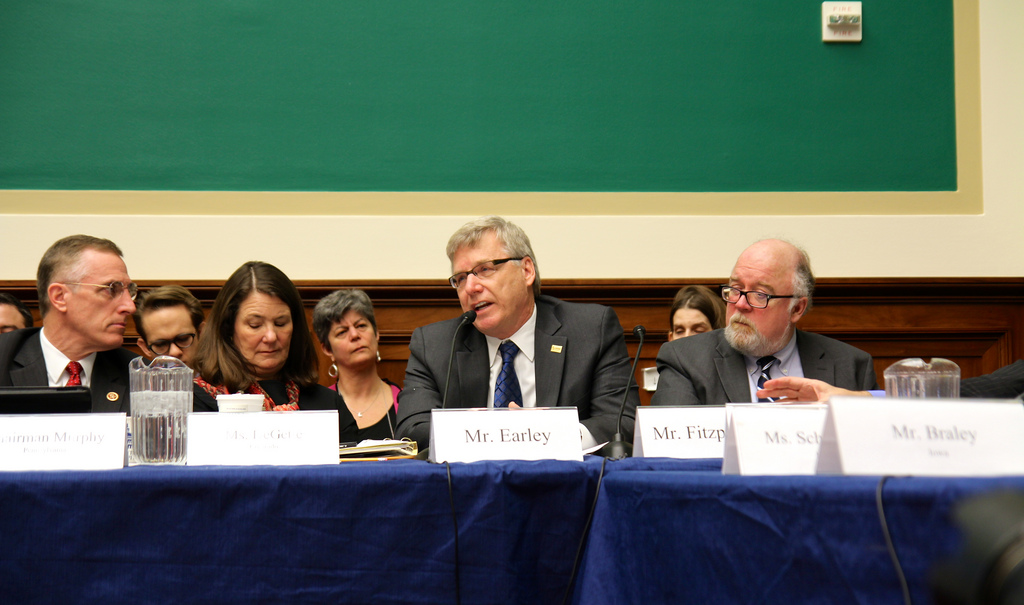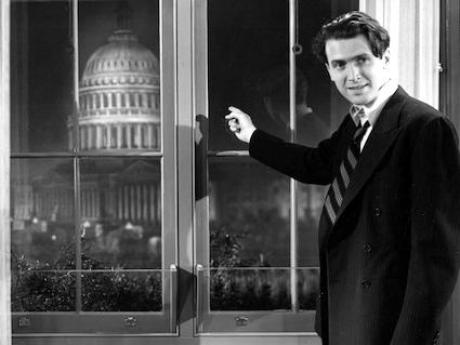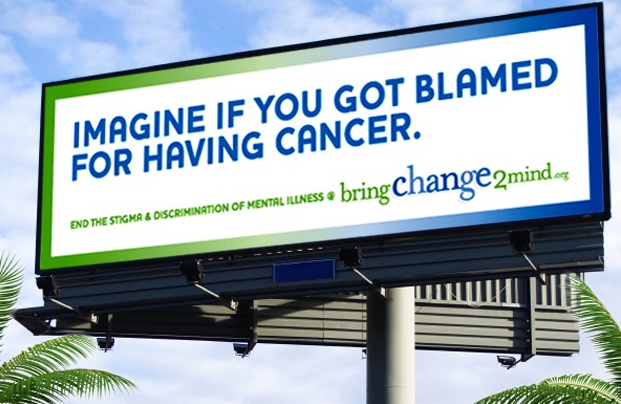
Chrisa and Erika with her OWL hat.
I didn’t intend to become a mental health advocate. I became involved because my son needed my help. And I certainly never thought there would be any silver lining to what happened to him and to my family. Yet, during these past few years, I have come to recognize one. I have met dozens and dozens of truly inspiring people.
The lists includes mental health professionals, judges, others in law enforcement and a handful of politicians. However, the bulk of the folks who have inspired me either are persons living with a mental illness or people who love them, such as their parents, brothers, sisters, and children.
These are unsung heroes who spend their time doing everything that they can to improve the lives of persons who have been diagnosed with mental disorders.
Chrisa Hickey is a fabulous example.







